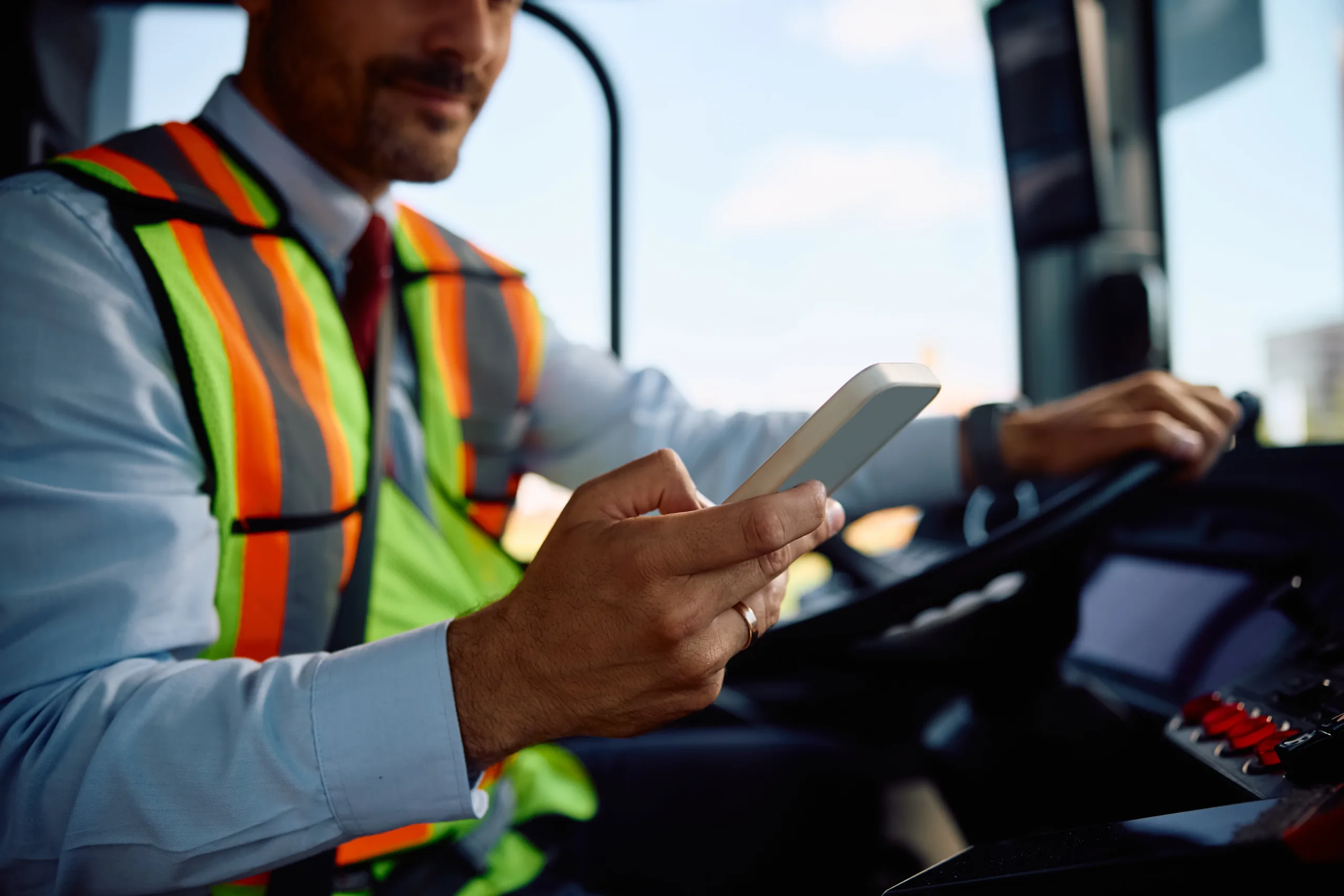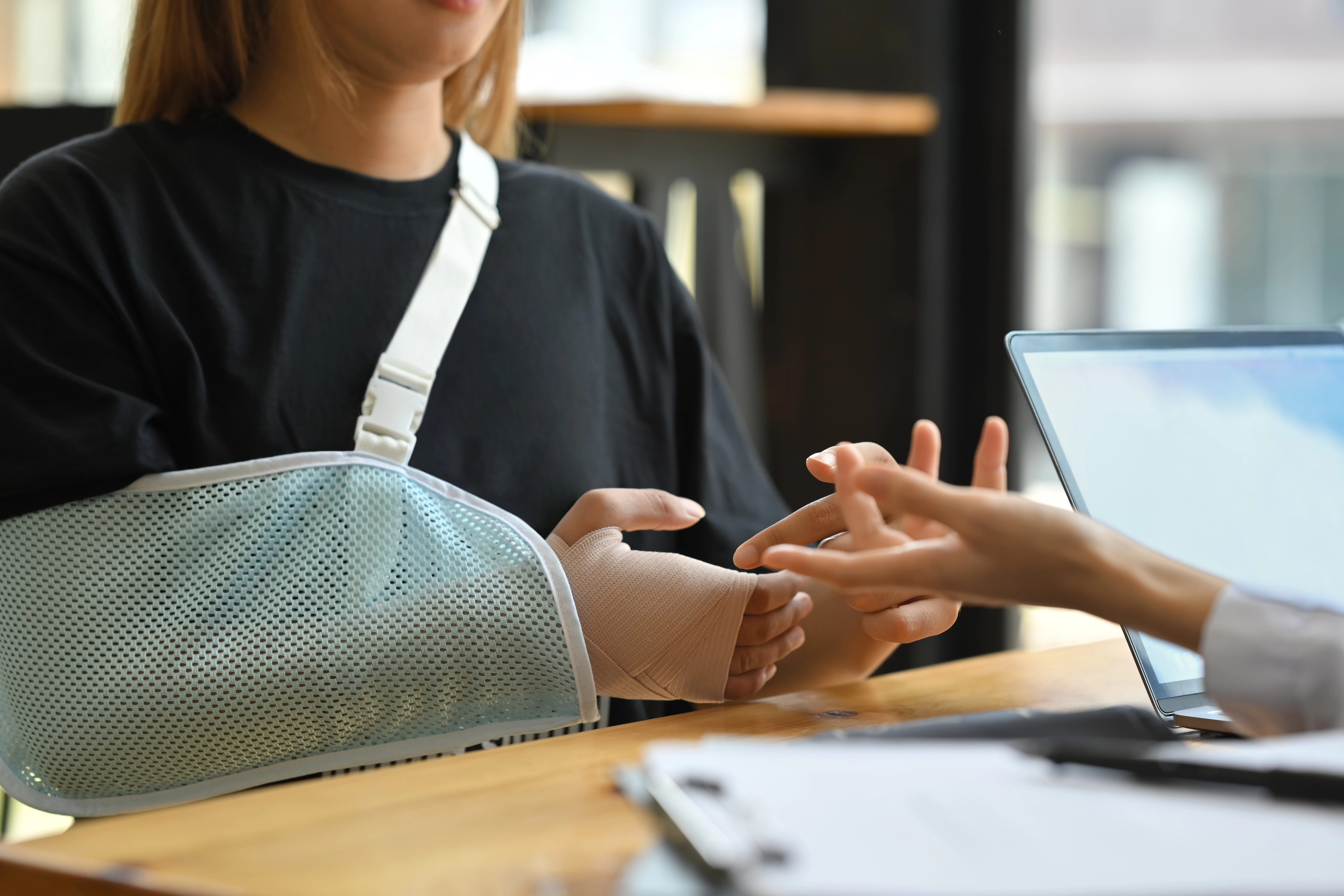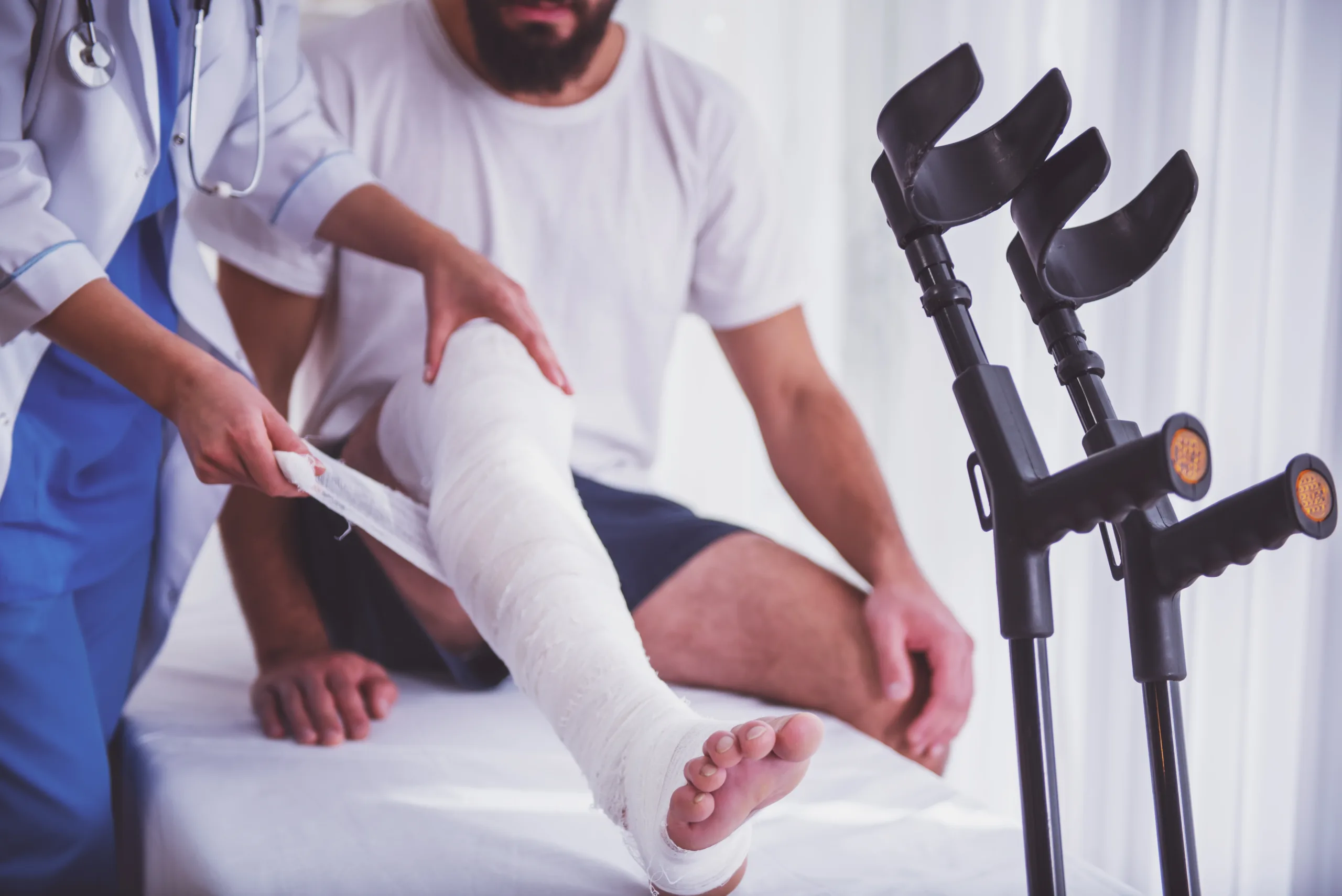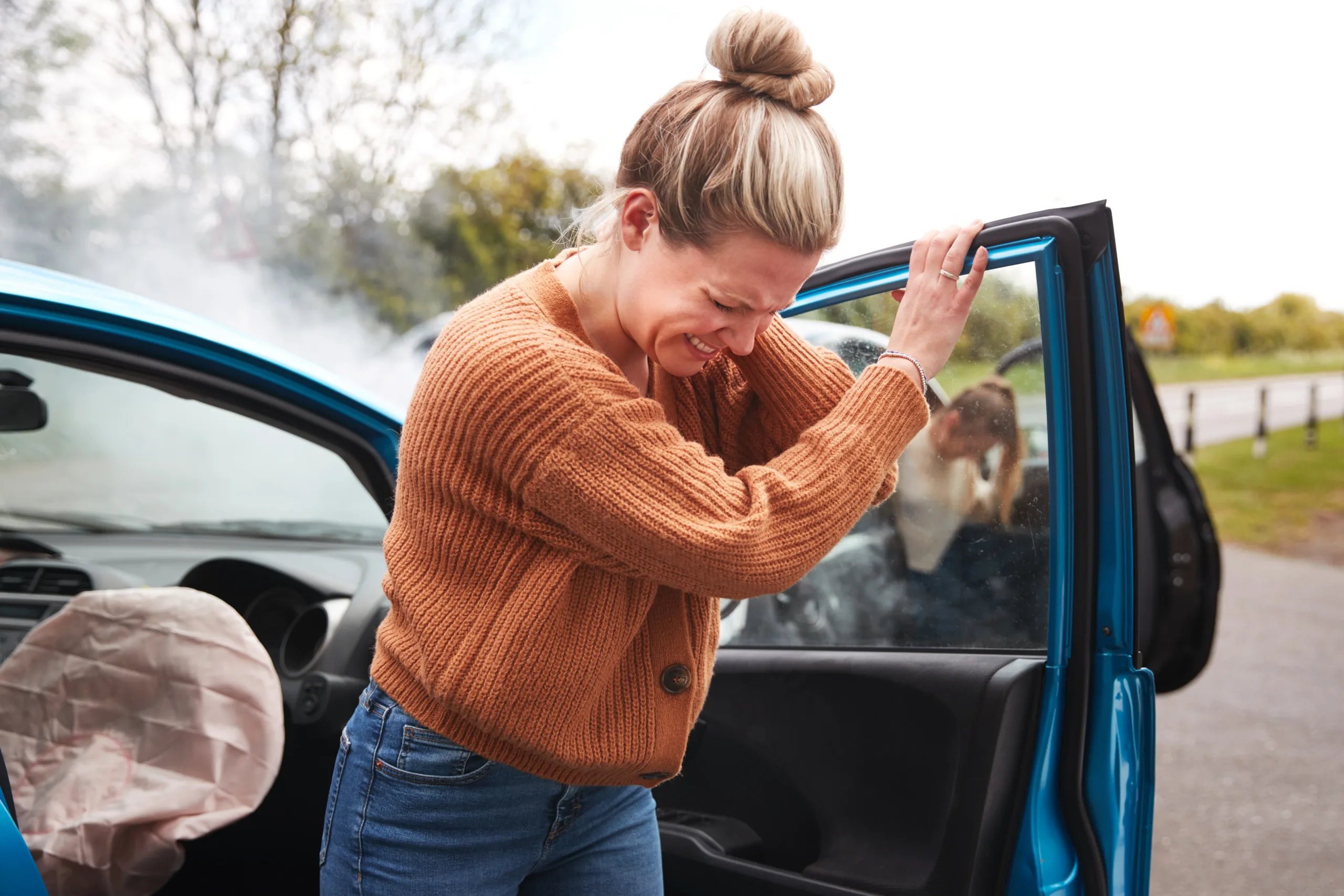One small distraction can lead to a big accident.
A lot of car accidents in Louisiana happen because someone wasn’t paying attention. Maybe they were texting, looking at their GPS, or just not focused on the road. Even a quick distraction can lead to a bad crash. That’s why having a distracted driving attorney Louisiana accident case is helpful—they know how to find out what really happened.
To figure out how to prove distracted driving in a Louisiana auto accident, you need the right kind of proof. This can include things like phone records or someone who saw what happened. Gathering phone record evidence for Louisiana car crash claims can show if the driver was using their phone during the crash. If the distracted driver caused the accident, they can be held responsible in Louisiana personal injury lawsuits.
Quick Summary:
- Distracted driving in Louisiana happens when a driver isn’t paying attention to the road, like texting, eating, or using a GPS. To prove it, you need evidence like what witnesses saw, photos from the crash, and phone records. A lawyer can help get those phone records to show if the driver was texting or using their phone. Other helpful evidence could include traffic camera footage and competent opinions.
- In Louisiana, proving fault means showing that the driver should have been paying attention but didn’t, and that caused the crash. Evidence like police reports, what happened at the scene, and witness statements can help prove your case. Louisiana’s rule says you can still get money even if you’re partly at fault. It’s important to talk to a lawyer to make sure all the evidence is collected properly.
- If you’re hurt in a distracted driving crash in Louisiana, you can get money for medical bills, lost pay, car damage, and pain. Lawyers can help you get this money by collecting evidence and building a strong case. Getting legal help early on can improve your chances of getting what you deserve.
What Is Considered Distracted Driving in Louisiana?
Distracted driving happens when a driver isn’t paying full attention to the road. In Louisiana, this means doing anything that takes your eyes, hands, or mind off driving—even for just a few seconds. These little distractions can lead to big accidents. Some common examples of distracted driving are:
- Texting or using your phone
- Talking on the phone, even with headphones
- Eating or drinking while driving
- Changing the radio or music
- Looking at directions on your phone or GPS
- Reaching for something in the car
- Turning to talk to people in the back seat
Louisiana has rules to help stop distracted driving. Texting while driving is against the law for everyone. If you’re a new or young driver, you’re not allowed to use your phone at all while driving. Also, no one is allowed to hold a phone in a school zone. These rules are meant to help drivers stay focused and keep everyone safe.
How to Prove Distracted Driving in a Louisiana Auto Accident?
If you’re involved in a car accident in Louisiana and think the other driver was distracted, proving that can help make sure you get the compensation you deserve. Here’s a simple guide on how to prove distracted driving in your case.
Gathering Evidence
The first step is to collect evidence that shows the other driver was distracted. There are a few important types of evidence to look for:
- Witness Testimony: People who saw the crash may have noticed the driver doing something distracting, like texting or eating.
- Traffic Camera or Surveillance Footage: Cameras on the road or nearby businesses might have video showing the driver’s actions, like not stopping at a red light or swerving.
- Photos from the Accident: Pictures from the scene of the accident can show things like tire marks or damage, which might help explain if distraction was a factor.
Using Phone Records
If the driver was using their phone when the crash happened, gathering phone record evidence for Louisiana car crash claims can help prove it. Here’s how:
- Subpoenaing Phone Records: Lawyers can ask the court to get the driver’s phone records, showing calls, texts, or apps used right before the crash.
- Finding Calls, Texts, or Apps: Phone records can show if the driver was texting or using their phone at the time of the accident.
- Challenges with Privacy: While phone records can be hard to get because of privacy laws, they are usually allowed as evidence in court if they’re important to the case.
Getting these phone records is important because it can show exactly when the driver was using their phone and how it may have led to the accident.
Professional Testimony
Professionals can help explain what happened during the accident and why the driver might have been distracted:
- Accident Professionals: These veterans can look at the accident’s details, like how fast the cars were going and how the crash happened, to figure out if distraction played a role.
- Tech Professionals: Some professionals can also look at the car’s technology, like GPS or entertainment systems, to see if the driver was using them when the accident occurred.
Vehicle Data
Cars today often have systems that track important information during a crash. This data can be helpful in proving if the driver was distracted:
- Event Data Recorders (EDRs): Some cars have “black boxes” that store data like speed and braking patterns before and during a crash. This information can help show if the driver was distracted by their actions, like speeding or not braking in time.
- Acknowledging Driving Behavior: Professionals can also use this data to see if the driver did something strange, like speeding up suddenly or not reacting to traffic signs.
Police Reports
When the police come to the scene of an accident, they make a report that includes important details. This report can be really helpful if you’re trying to prove that the other driver was distracted.
- What Witnesses Saw: If people saw the accident happen, they might have noticed that the driver wasn’t paying attention. They could say they saw the driver texting, eating, or doing something else that took their focus off the road.
- What the Officer Observed: The police officer might notice things that show the driver was distracted, like not reacting quickly or driving in an unusual way. If the officer mentions this in the report, it can help show the driver wasn’t paying attention.
- Accident Scene Details: The officer also takes notes about things like skid marks or how the cars ended up after the crash. This can help explain what happened and show if the driver’s distraction caused the accident.
Legal Help
Getting help from a distracted driving lawyer in Louisiana is really important to make sure you’re doing everything right. A lawyer knows exactly what needs to be done to prove the other driver was distracted.
- Following Legal Steps: There are legal rules about how to get things like phone records or camera footage. A lawyer knows how to ask for these the right way so they can be used in court.
- Building Your Case: Your lawyer will use all the evidence to show that the other driver wasn’t paying attention and caused the crash. They will argue that the driver should be responsible for what happened.
- Getting You the Right Compensation: With a lawyer’s help, you’ll have a better chance of getting the money you need to pay for medical bills, lost wages, and other costs because of the accident.
By using all this evidence, you can make a strong case that the driver was distracted and get the compensation you need for your injuries and damages.
Why Proving Fault is Important
Proving fault in an accident is key to making sure the right person is held responsible. It’s not just about consequences for the driver—it’s also about getting the compensation you need for your injuries and losses. Here’s why it matters:
- Holding Drivers Responsible: It makes sure the distracted driver is held accountable for the crash.
- Encouraging Safer Driving: Showing how distracted driving caused the crash helps remind others to drive safely and follow the rules.
- Ensuring Fair Compensation: Proving fault helps you get the compensation you deserve for medical bills, lost wages, and other damages.
Distracted Driver Fault in Louisiana Personal Injury Lawsuits
When someone else causes a car accident, it’s important to prove that they were responsible. In Louisiana, there are a few steps to show that the other driver caused the crash. To prove the other driver is at fault, here’s what you need to prove:
- Duty of Care: Every driver must drive safely and stay focused on the road. In Louisiana, this means avoiding distractions like texting or eating while driving.
- Breach of Duty: A breach happens when the driver fails to follow the rules, such as texting or being distracted while driving. This is a key point in proving they are at fault.
- Causation: You must show that the other driver’s actions directly caused the crash.
- Cause in Fact: Prove that the accident wouldn’t have happened if the driver wasn’t distracted, like missing a stop sign because they were texting.
- Proximate Cause: Show that the distraction was the main reason for the crash, not something else like weather or road conditions.
- Damages: Finally, you need to show that you were injured or suffered losses due to the crash, such as medical bills or missed work.
How Louisiana’s Fault System Works
Louisiana uses a system called comparative fault (La. Civ. Code Art. 2323) to determine who is responsible for an accident and how damages are divided. Under this system, fault can be shared between multiple parties, and your level of responsibility can affect the amount of compensation you receive.
- Partial Fault: If you are partially at fault for the accident, such as failing to wear a seatbelt or making a minor error, your compensation may be reduced based on how much fault you share. For example, if you’re found 20% at fault, your compensation will be reduced by 20%.
- Still Can Get Some Money: Unlike some states where being even partially at fault can prevent you from getting anything, Louisiana allows you to receive compensation even if you are mostly at fault. So, if you’re 90% at fault, you can still recover the remaining 10% of damages. This gives people a fair chance to be compensated even when they share some of the blame.
Compensation Available in Distracted Driving Cases
If you’re hurt in a distracted driving accident in Louisiana, you can get money to cover the damage and losses you’ve experienced. Here’s what you might be able to get:
- Medical Bills: This covers the cost of all the care you need, like hospital visits, surgery, medicine, and therapy. You can even get money for future medical bills if you need ongoing treatment.
- Lost Wages and Lower Earning Ability: If your injuries stop you from working, you can get money for the wages you lost. If your injury means you can’t do the same job or work as much, you might also get money for the earning ability you lost.
- Damage to Your Property: If your car or other belongings were damaged in the accident, you can get money to repair or replace them.
- Pain and Suffering: This covers the emotional toll the accident took on you, like feeling stressed, anxious, or having a harder time enjoying life. It helps cover the impact on your mental well-being.
These types of payments help you recover both the money you’ve lost and the emotional pain you’ve gone through because of the accident.
Justice After Distraction: Contact Our Distracted Driving Attorneys for Your Louisiana Accident Case Today!
If you’ve been hurt in a car accident caused by a distracted driver, it can be really stressful. You might be stuck with surprise medical bills, lost wages, and a lot of pain. Proving that the other driver wasn’t paying attention is important to get the money you deserve, but finding the right evidence can be hard. You shouldn’t have to pay for someone else’s mistake.
At E. Orum Young Law Personal Injury Attorney in Monroe, Louisiana, we know how difficult it can be to prove distracted driving. Our team is here to investigate your accident, collect the right evidence, and make sure the other driver takes responsibility. We also handle other personal injury cases, like truck accidents, single-car accidents, and personal injury.
If you’ve been hurt in a car crash in Louisiana and think distracted driving caused it, don’t wait. Reach us out for a free case review. We’ll help you find the evidence you need and fight for the compensation you deserve.






